Exhibition To Explore How Artificial Intelligence Affects Art Creation; Submissions Due Sept. 29
An upcoming art exhibition about artificial intelligence is wrapping up its submissions with a Sept. 29 deadline.
“Aberrant Creativity,” a juried, international art exhibition, is a collaboration by the Texas A&M College of Performance, Visualization and Fine Arts, the Institute for Applied Creativity and the Arts Council of Brazos Valley. Details and submission guidelines are available on the exhibition site.
The exhibition is open to artists worldwide, including Texas A&M students, staff and faculty, and will be on display Nov. 28 through Dec. 21 at the Arts Council. Alongside the physical exhibition, a virtual twin will be hosted online.
Caleb Kicklighter, instructional assistant professor and one of the judges for the show, is working with other faculty members in the Visualization program to consider how AI affects art and creativity, and exploring this new technology through creative processes.
“This exhibition is a broad look at how AI is being used to create art,” Kicklighter said. “It’s not a glorification of AI, but it’s also not a blanket critique or a negative stance on AI. It is more about starting the conversation in our communities, and bringing the issue to the public’s consciousness.”
Because AI is quickly progressing in the classroom, Kicklighter said, educating students and raising awareness is a better alternative to blocking or trying to remove it completely. The goal for the exhibition is for artists to consider using computers as partners in the creative process, rather than just a tool, he said.
“It’s about putting more trust or confidence in what the machine does, seeing how it can make its own decisions, or how it can respond to things that an artist might do,” he said.
Submissions must feature original works created in collaboration with AI or that explore the relationship between humans and AI in the creative process. This includes works that incorporate AI algorithms, machine learning and other forms of technology as integral components in the creative process.
Submission categories include virtual, augmented and mixed reality works, 360 videos, print work, 2D and 3D digital works, time-based works and installations.
A total of five judges will select one finalist for five different categories: best in show, aesthetics, creative process, innovation and best student work. Each winner will also receive $250, while best in show will receive $500.
The judges will look for work showcasing AI or machine learning as a part of the creative process either by establishing ideas, generating iterations, crafting the final output or conceptually tackling the topic, Kicklighter said.
“I really want people to be thinking about the presence that AI could have in the exhibition, because we are really interested in artists’ process and workflow,” he said. “Which is hard, because usually when you go to an exhibition you’re expecting the end-products. But if applicants are thinking about how they might display their workflow by showing the behind-the-scenes or the guts of the process, and how you might document that or be the actual art piece itself, I think that is a very interesting way to approach this.”
A key component of the exhibition is having the artists consider relinquishing control over every artistic decision and allowing the partnership with the computer to emerge naturally, Kicklighter said. With the progression of AI, artists can view the technology as part of a working relationship and ease a sense of nervousness when it comes to the influence computers are having on artmaking, he said.
“If we are only responding to what creative AI products and services that, say, companies give us, then we are ceding all control in how AI can affect humanity to organizations that view this tech as an opportunity for exploitation or profitability,” Kicklighter said. “As artists, and as a university that is concerned with the careers of future generations, it’s really important for us to be part of that driving force of where we go next, especially with artificial intelligence.”
Top illustration by Caleb Kicklighter

